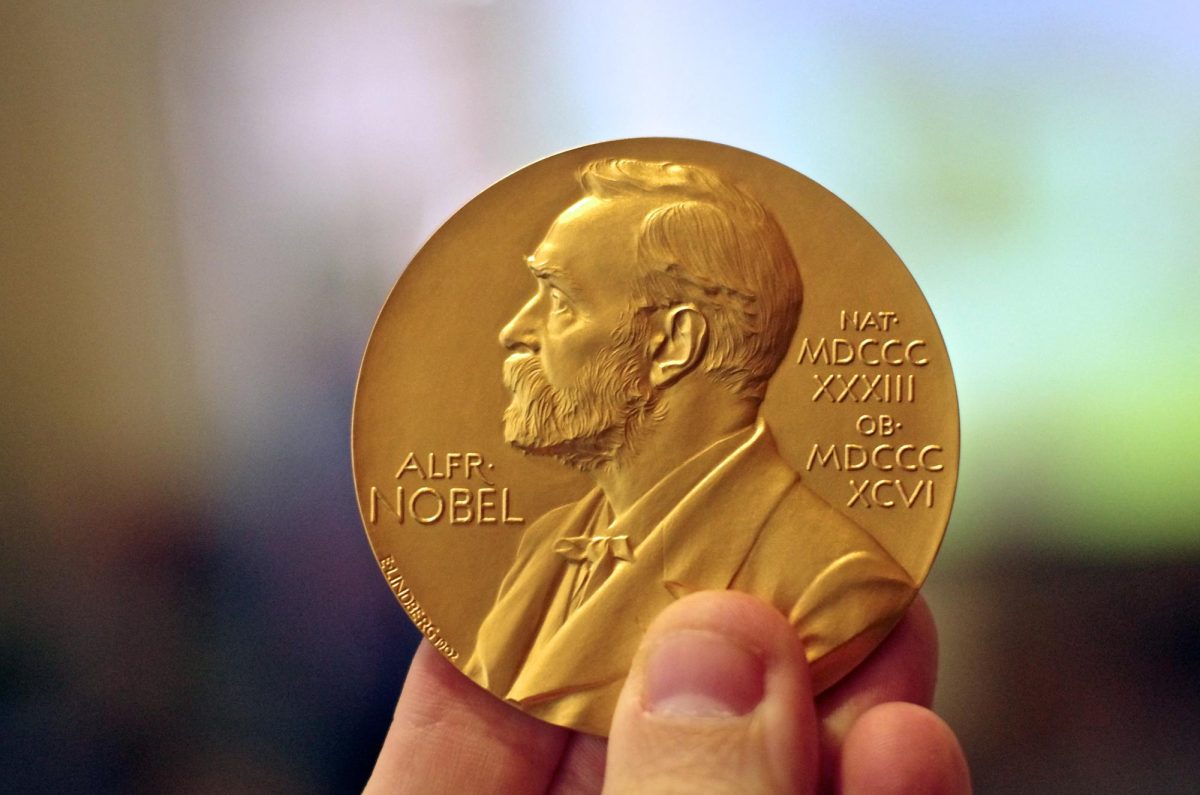The Nobel Prize tradition was established by the will of Alfred Nobel, who specified that his fortune be used to fund these annual awards.
In the beginning, there were five categories: physics, chemistry, medicine (physiology), literature and peace.
An additional category was introduced in 1968, the Nobel Memorial Prize in Economic Sciences, to honor Alfred Nobel’s legacy.
Each Nobel Prize has its own selection committee responsible for choosing the nominees.
The Royal Swedish Academy of Sciences selects the laureates for Physics, Chemistry and Economics. The Norwegian Nobel Committee selects the laureates for the Peace Prize while the Karolinska Institute in Stockholm awards the prize for Medicine.
There is a rule for the Nobel Prize winners that the nominees cannot be revealed until 50 years later.
Information about the nominations is not to be disclosed, publicly or privately, for a period of fifty years, according to the statutes of the Nobel Foundation. The restriction not only concerns the nominees and nominators, but also investigations and opinions in the awarding of a prize.
All the Nobel Prizes are awarded in Stockholm, Sweden, except for the Peace Prize, which is awarded in Oslo, Norway.
This was a demand made by Alfred Nobel himself, however, the reason remains a mystery.
Over the years, some controversial nominees have been nominated for the Nobel Prizes such as Joseph Stalin in 1945 and 1948 for his efforts to end World War II.
Although not all nominations are widely accepted, the Nobel Prize remains a source of inspiration for future generations to make advancements that benefit humanity.
“The Nobel Prizes are wonderful as they recognize those individuals who have benefited mankind,” marketing teacher James Cartwright said. “Advances in each category help enable advances in all the others.”












